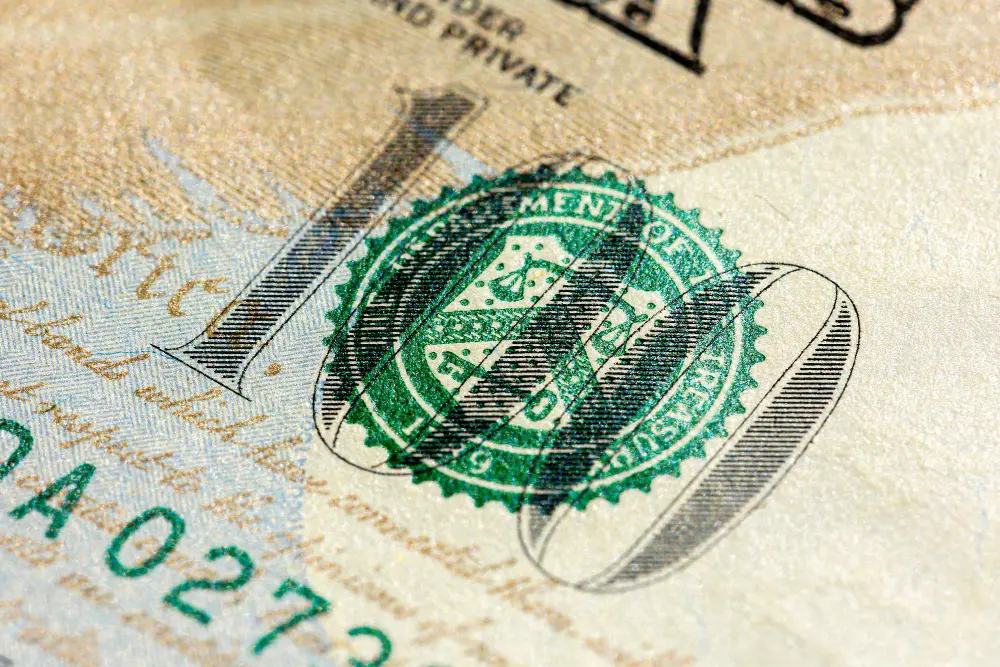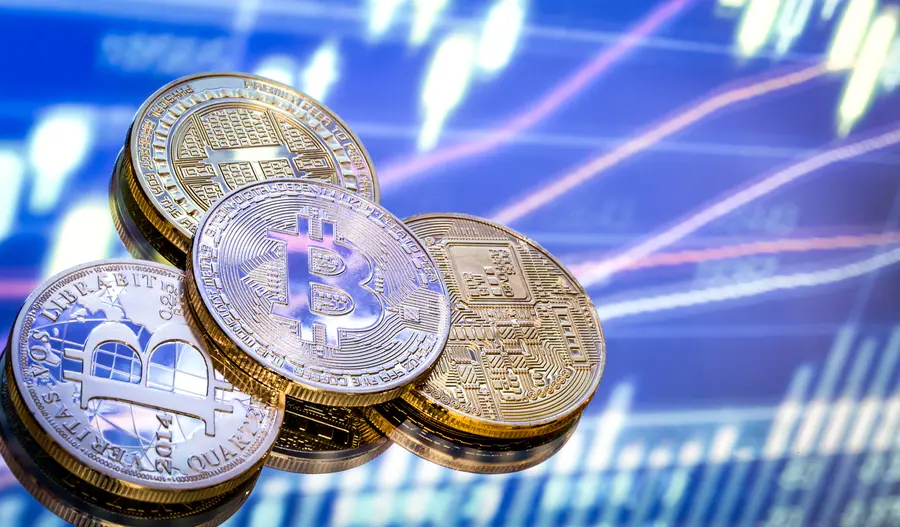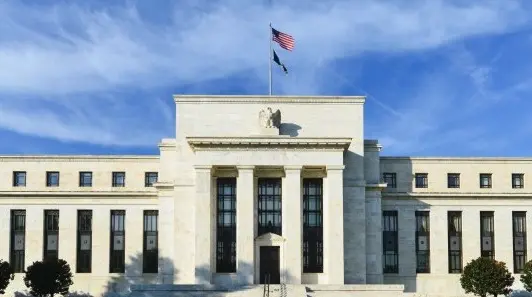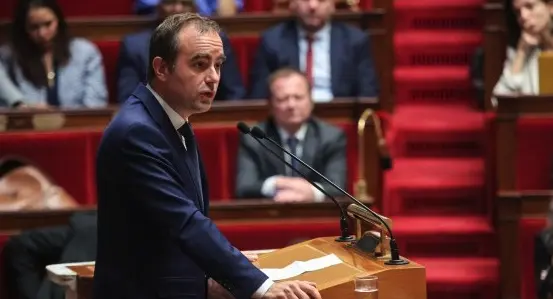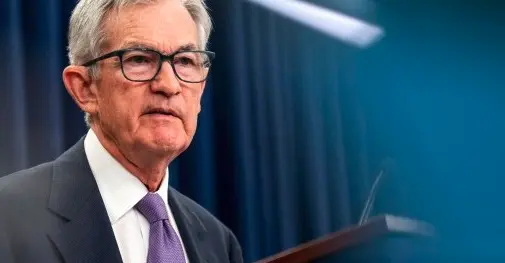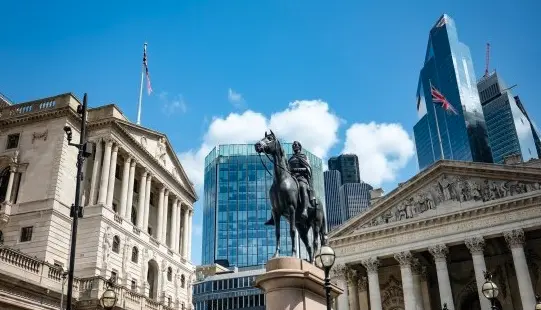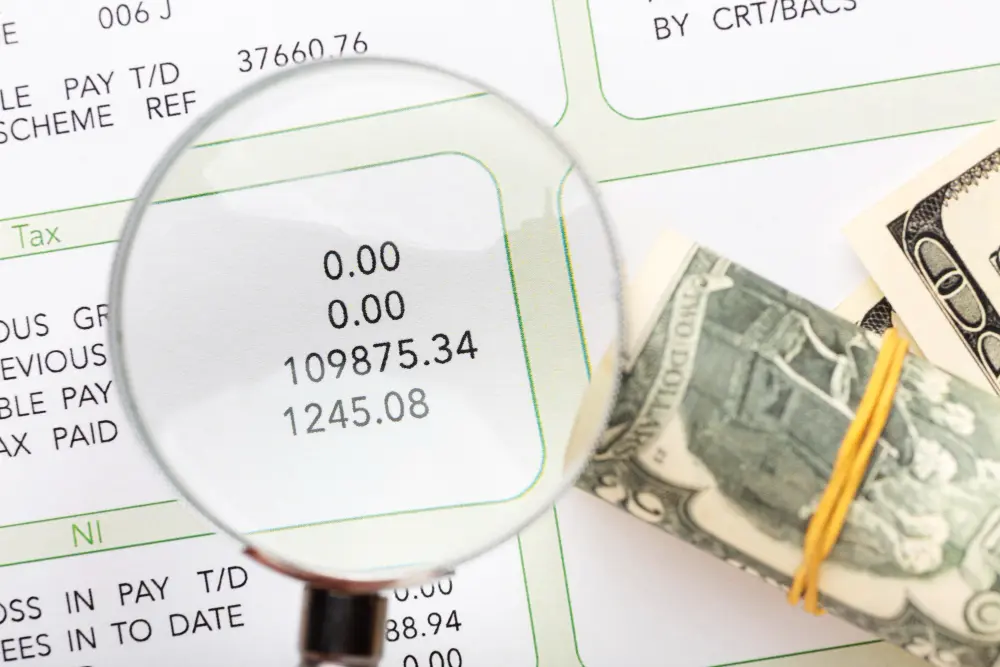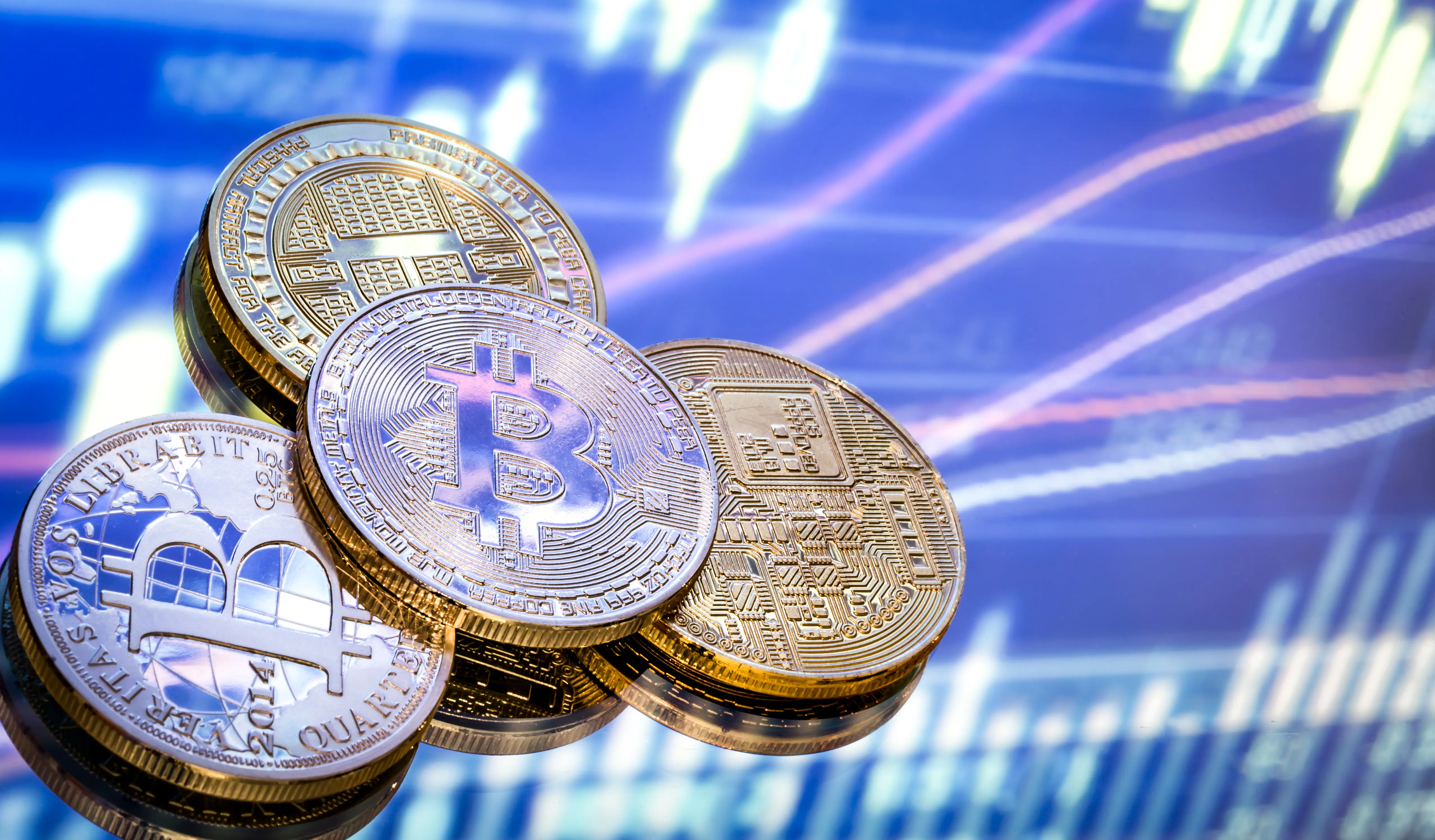Changes in interest rate policies can significantly affect Bitcoin and digital assets; lower rates drive investment towards cryptocurrencies for higher returns, while higher rates deter investment due to increased borrowing costs and better yields elsewhere. Market sentiment, volatility, and the role of Bitcoin as an inflation hedge are also influenced by these policies, with the broader crypto market potentially reacting in varied ways based on economic conditions and specific asset uses. However, the crypto market's response to interest rate changes is complex, involving numerous factors beyond just monetary policy.
Trump's pro-Bitcoin stance has spurred institutional interest, with actions like executive orders and the potential for a Bitcoin reserve encouraging more mainstream financial involvement in cryptocurrencies. His administration's moves towards regulatory clarity, including task forces and policy rollbacks, aim to create a more conducive environment for digital assets, potentially increasing institutional adoption. However, the full impact on adoption and clarity will depend on policy implementation, longevity, and global regulatory dynamics.




